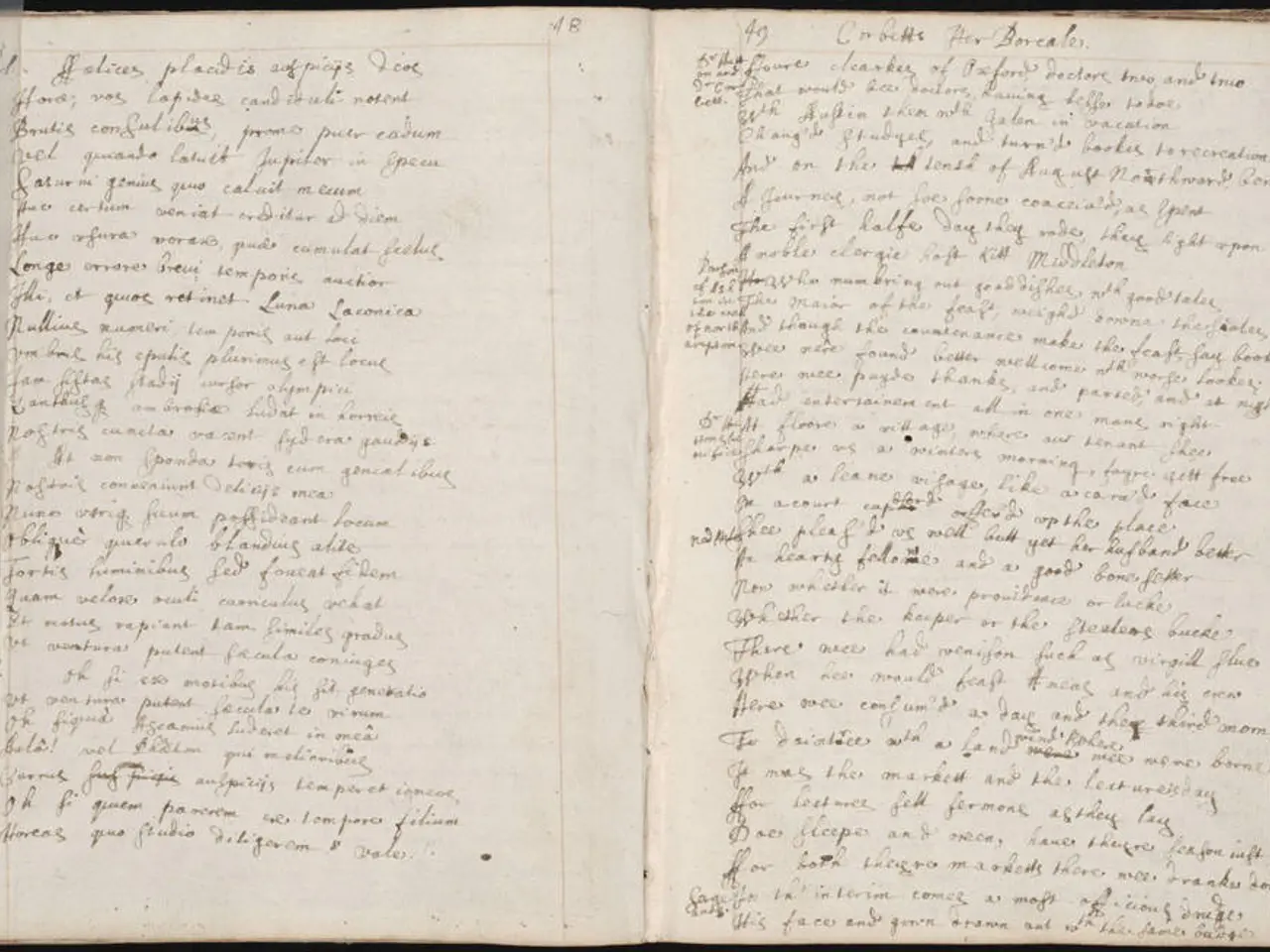Identifying Inferences - Ensuring Accurate Inferences Demands a Reader to:
Inference, a mental process that allows readers to draw logical conclusions based on information that isn't explicitly stated, plays a pivotal role in our everyday lives. This cognitive activity is not just limited to books but is also applicable to movies, conversations, and other forms of media.
Mastering inference requires practice and analytical thinking skills. To develop and improve these skills, one should actively question information, evaluate evidence, reflect on different perspectives, and engage in problem-solving activities that connect theory to real-world contexts.
Asking basic and open-ended questions is a key strategy. For instance, questioning "What does this mean?" or "What evidence supports this?" can help in understanding the text or scenario better. It's also important to question assumptions behind ideas or beliefs to see all sides.
Evaluating evidence thoroughly is another essential step. This involves seeking original sources, checking accuracy, and not accepting information at face value. This careful scrutiny helps avoid superficial judgments and leads to more informed conclusions.
Engaging in problem-solving tasks, such as case studies, design challenges, or "what if" questions, connects critical thinking with decision-making in everyday or academic contexts.
Developing reflective thinking, which means analysing your own thought process, actions, and conclusions, promotes open-mindedness by considering new perspectives without bias. Improving communication skills through explaining your reasoning and discussing ideas with others can also help in clarifying your thought process and incorporating different viewpoints.
For reading specifically, building vocabulary and using visual aids such as charts or diagrams can help in comprehending texts more deeply, which supports making better inferences. Linking new information with what you already know can enhance the understanding and accuracy of inferences.
Applying universal intellectual standards, such as accuracy, relevance, depth, breadth, logic, clarity, and fairness, to all thinking processes increases the quality of reasoning and helps arrive at well-justified conclusions.
It's important to note that making an inference is not akin to guessing or assuming. Inference relies heavily on evidence within the context. Inference during reading involves engaging with the text beyond what's explicitly stated. Inferences are not all created equal; prediction is only one aspect of the process. Inference requires attentiveness to details and the ability to draw connections between different pieces of information.
Recognizing misconceptions surrounding 'the art of inferring' helps in avoiding pitfalls. Textual comprehension skills alone do not guarantee correct inferencing. Personal biases can influence our interpretations during the process of inferring.
Inference helps readers make sense of real-world scenarios and people's behaviours. By consistently practicing these strategies, one enhances the ability to make accurate inferences both when reading texts and in real-life decision-making scenarios, leading to more reasoned and informed conclusions.
Engaging in education-and-self-development activities that foster personal-growth, such as asking open-ended questions, evaluating evidence, and engaging in problem-solving tasks, plays a crucial role in enhancing critical thinking skills used during inference for accurate conclusions. Building vocabulary, making connections between new and previously learned information, and utilizing intellectual standards while engaging with texts help in making deeper inferences and better comprehending real-world scenarios.




